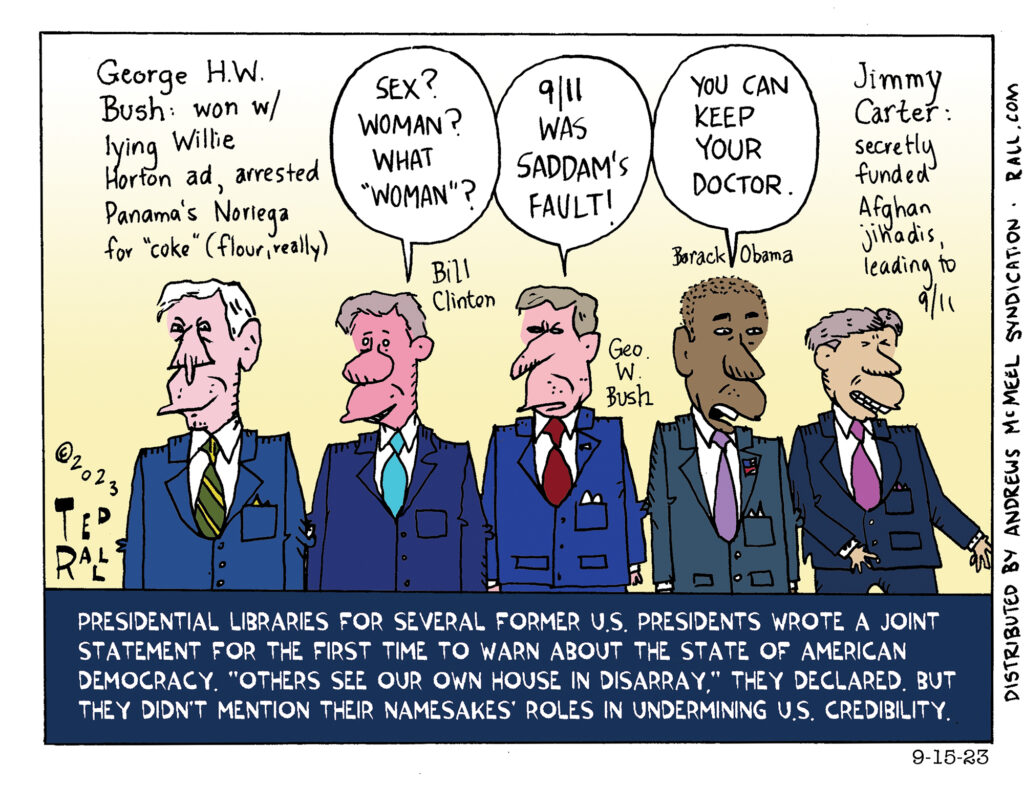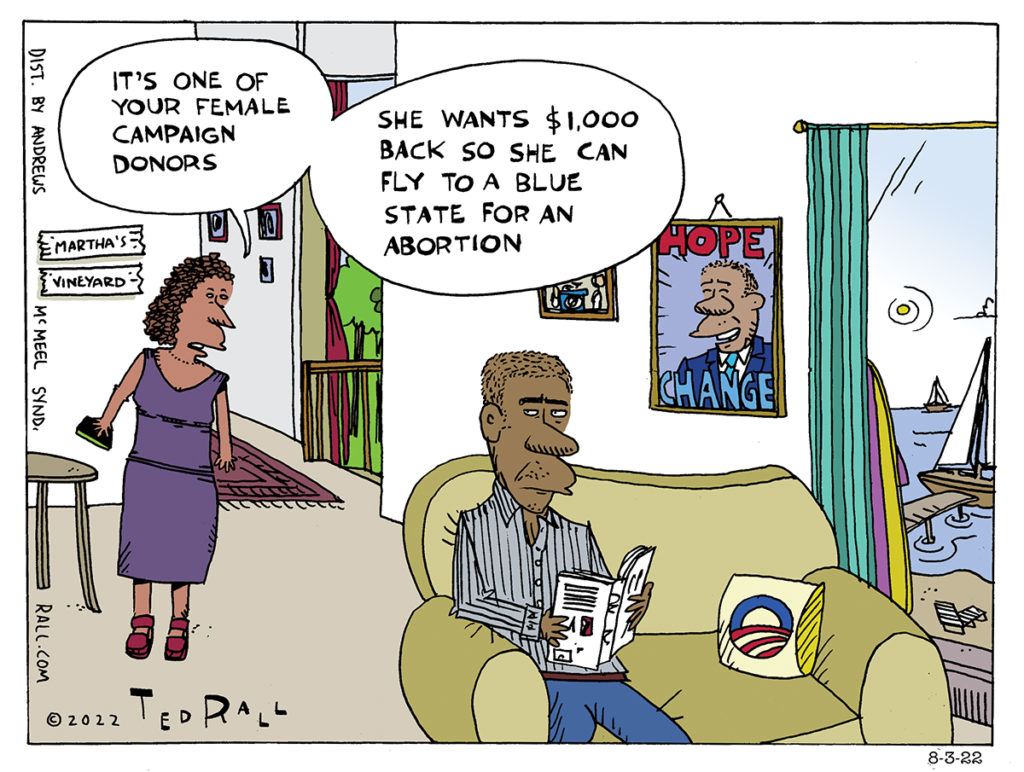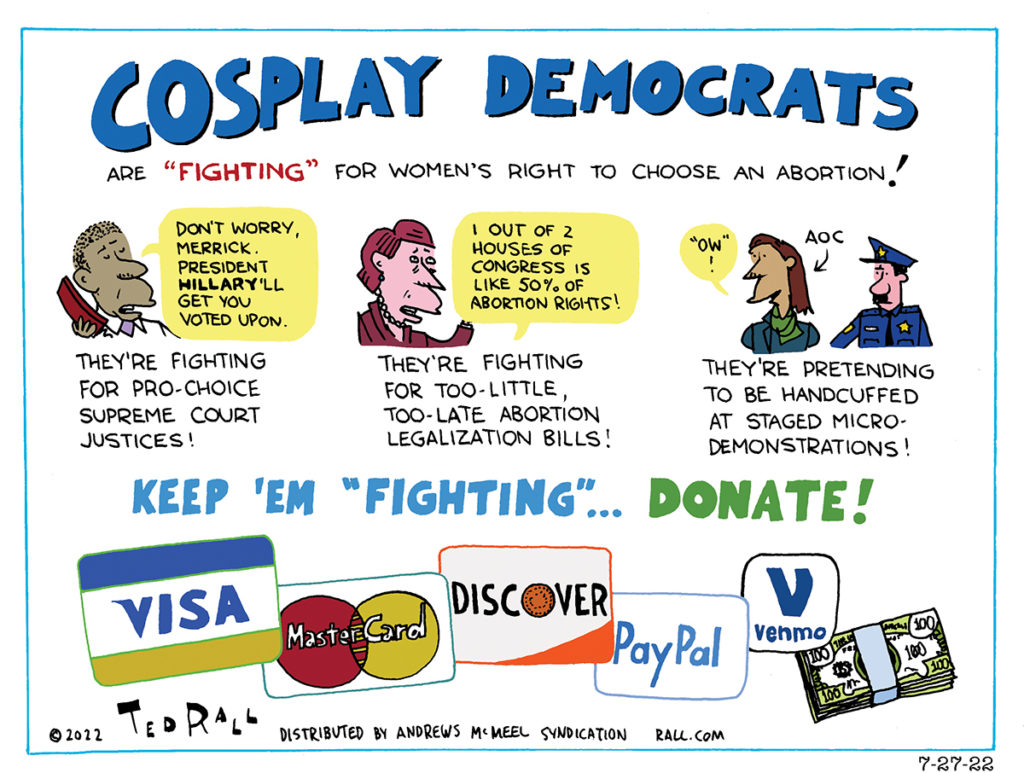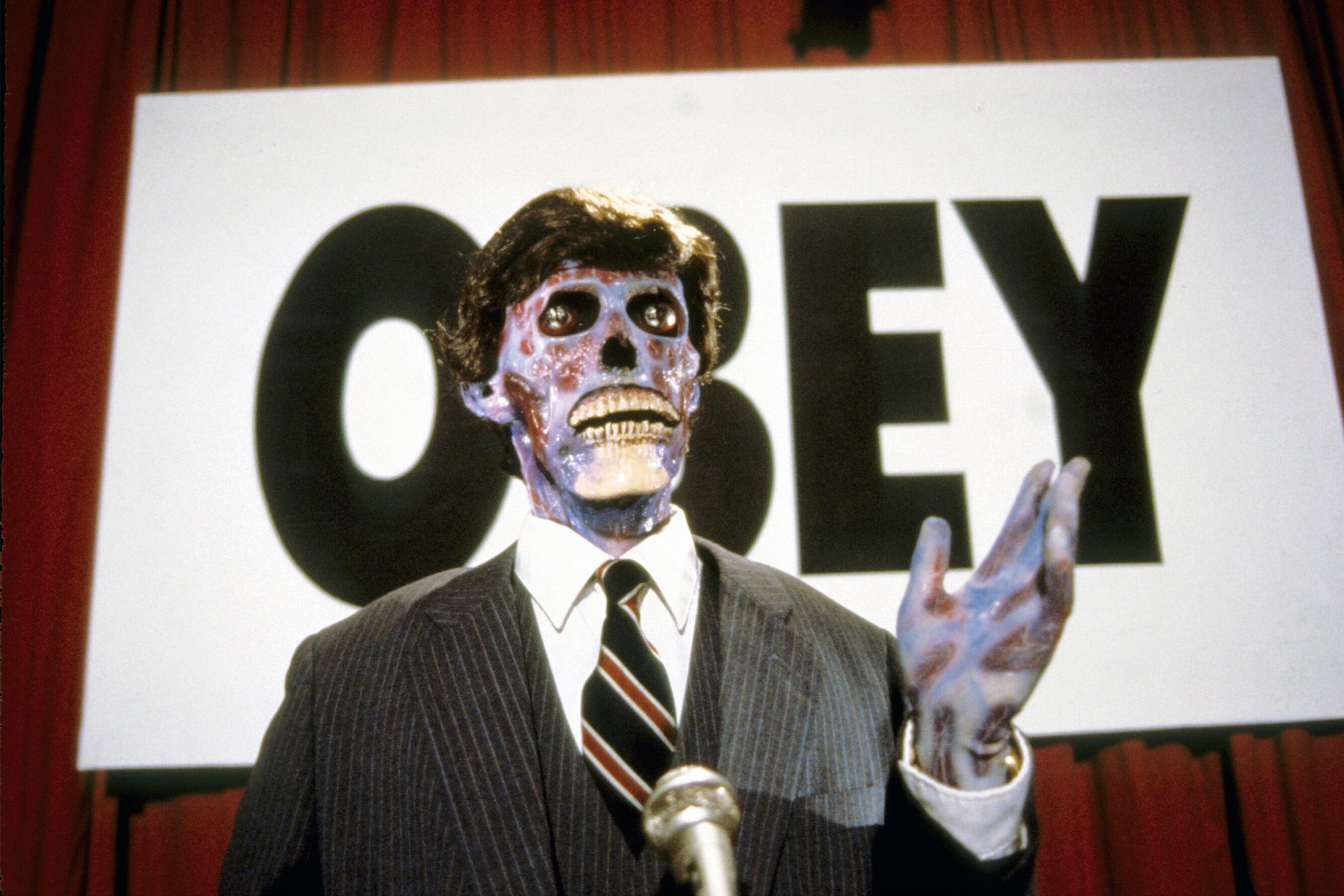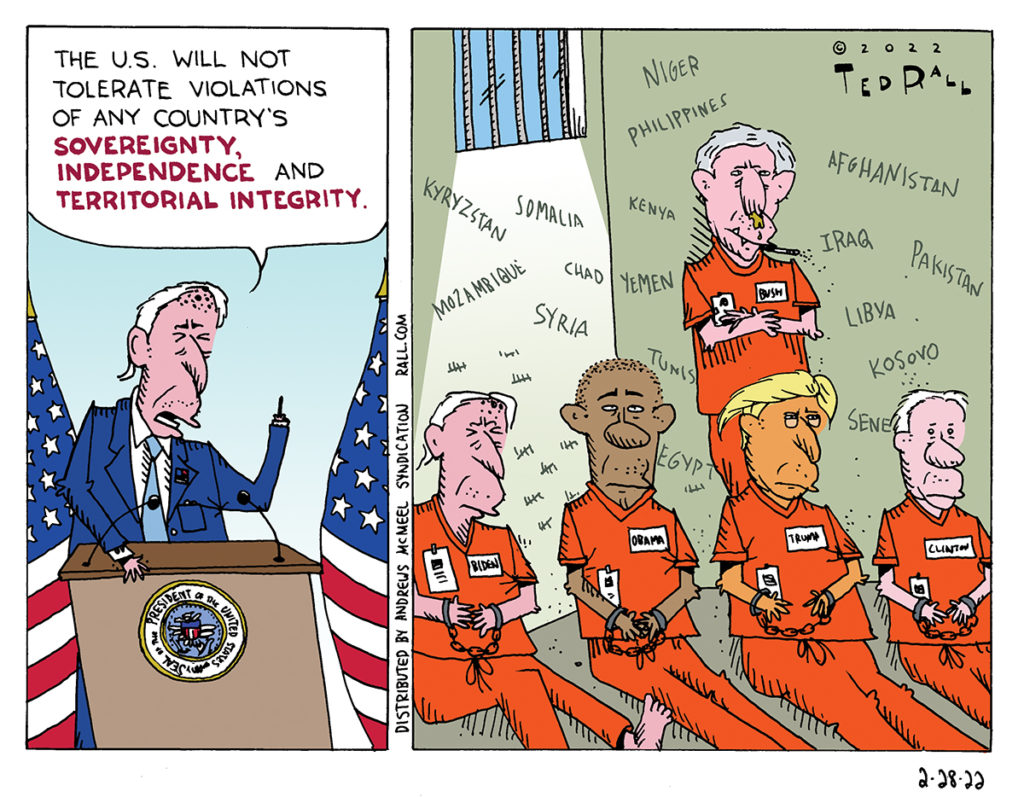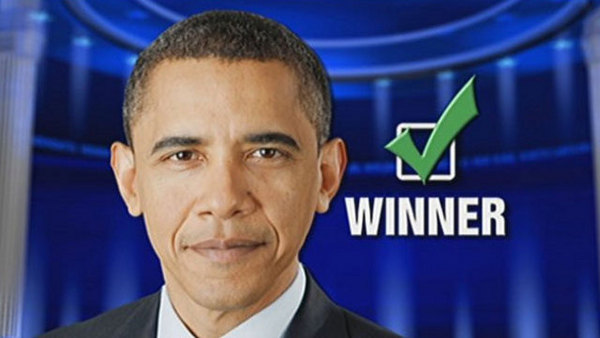 As Democrats survey their recent losses in the election, they should avoid drawing conclusions or floating prescriptions for fixing their party’s problems. First, they should absorb the biggest data point that is currently being ignored by both the progressive and the corporatist wings of the party: they haven’t really won a presidential election since 2012. No, 2020 doesn’t count. Not really. Read on.
As Democrats survey their recent losses in the election, they should avoid drawing conclusions or floating prescriptions for fixing their party’s problems. First, they should absorb the biggest data point that is currently being ignored by both the progressive and the corporatist wings of the party: they haven’t really won a presidential election since 2012. No, 2020 doesn’t count. Not really. Read on.
Democrats don’t yet recognize it, but they have effectively messed up three consecutive elections against Donald Trump. This points less to a divided country wobbling back-and-forth between two parties than to a systemic realignment in favor of the Republicans. For Democrats, this suggests a serious set of systemic problems unlikely to be fixable by nipping and tucking messaging and candidate presentation.
I am not an election denialist. Trump officially lost in 2020. But Biden, doddering even at the time as he campaigned from his basement, didn’t really win.
Covid shaped that race in two significant ways. Donald Trump committed political suicide in both. Trump’s unforced errors in 2020 were so easily foreseen and so bizarre that it’s hard to imagine another candidate ever committing political malpractice to such an extreme. Of course Democrats were able to beat him then.
It was a weird election.
First Trump shot himself in both feet with Operation Warp Speed, the public-private partnership launched between March and May 2020, at the start of the lockdown. Epidemiologists and ordinary citizens alike fantasized about developing a vaccine, but experts cautioned that it would take ages. “Officials like Dr. Anthony S. Fauci, the top infectious disease expert on the Trump Administration’s coronavirus task force, estimate a vaccine could arrive in at least 12 to 18 months,” the New York Times reported on April 30, 2020. “The grim truth behind this rosy forecast is that a vaccine probably won’t arrive any time soon. Clinical trials almost never succeed. We’ve never released a coronavirus vaccine for humans before. Our record for developing an entirely new vaccine is at least four years—more time than the public or the economy can tolerate social-distancing orders.”
“Never succeed” succeeded. Relying on emergency use authorizations and conditional approvals, the first vaccines became available to the public starting December 11, 2020. By April, anyone who wanted one could get one—a mere year after Warp Speed began.
This was a miracle. A study by the Commonwealth Fund estimated that the vaccines prevented more than 18 million hospitalizations and saved the lives of 3.2 million Americans. They saved the budget $1.15 trillion through November 2022.
Fast action to develop vaccines, something a more conventional politician like his 2016 Democratic rival Hillary Clinton might have been hesitant to approve without additional testing prior to approval, was Trump’s greatest accomplishment during his first term. Best of all from a political standpoint, timing made it the mother of all October surprises—had Trump chosen to run with it. The president could have informed a traumatized electorate a few weeks before election day that they would be inoculated against the deadly coronavirus, not four or more years in the future, but mere weeks or months away.
Insanely, Trump ran away from his big win. To be sure, Trump did announce that vaccines were on the way. But he did so in an uncharacteristically muted manner. His highest-profile and highest-volume pandemic messaging, influenced by his wacky supporters and political allies, many of whom subscribed to unorthodox medical views including anti-vaxxers and those who thought Covid was a hoax, deteriorated into an incoherent morass that understated the impact, including the number of deaths. “That’s all I hear about now. That’s all I hear. Turn on television—’Covid, Covid, Covid, Covid, Covid, Covid.’ A plane goes down. 500 people dead, they don’t talk about it,” Trump said at a campaign rally in North Carolina on October 24, 2020. “Covid, Covid, Covid, Covid.’ By the way, on November 4, you won’t hear about it anymore.” On October 26, he continued to downplay the scale of the pandemic as a “Fake News Media Conspiracy,” saying the U.S. had the most cases on earth only because “we TEST, TEST, TEST.”
Thanks in large part to Trump, however, Covid vaccines were the fastest ever created. Due to internal GOP politics, however, Trump felt compelled to run away from Operation War Speed and, in doing so, threw away his best issue. An October 2020 Reuters-Ipsos poll found Trump underwater on his handling of the coronavirus crisis, with 37% approving and 59% disapproving. It was though FDR had denied having anything to do with the New Deal when he ran for reelection in 1936 and gotten dinged for making the Depression worse.
Similarly inexplicable and tied to the vagaries of paranoid right-of-center internecine discussions, Trump repeatedly advised his supporters not to cast an early vote before election day or vote by mail, alternatives that exploded in popularity due to the pandemic lockdown, on the ground that they were rife with fraud. “MILLIONS OF MAIL-IN BALLOTS WILL BE PRINTED BY FOREIGN COUNTRIES,” Trump tweeted in June 2020. “And, you know, when they talk about Russia, China, and all these others, they will be able to do something here because paper ballots are very simple—whether they counterfeit them, forge them, do whatever you want. It’s a very serious problem,” he said in September 2020.
46% of ballots were cast via early or mail-in voting in 2020, double the result for four years earlier. But only 62% of Trump voters voted early or by mail, compared to 82% for Biden.
It was an incredibly stupid mistake. It wasn’t one that the Trump campaign repeated this year.
Democrats convinced themselves that their 2016 loss was a fluke attributable to sexism, Russian interference and the novelty of Donald Trump, celebrity and TV star, as their opponent. They took comfort in the fact that Trump had been defeated in 2020 and therefore possibly would be again.
What they failed to grasp what is that the real anomaly here was 2020. Had Trump exploited the triumph of Operation Warp Speed and encouraged his supporters to cast early and mail-in ballots—any vote, any time, is a good vote—he would almost certainly have beat Biden. They foolishly assumed that Trump learned nothing from his previous campaign, that he would not correct his mistakes.
For the first time since 1892, we now have a presidential candidate who ran in three consecutive elections, largely on the same issues, the border and the economy. Trump won twice and lost once, but that once was due to his suicidal moves. Whatever Democrats decide to do to try to become stronger and more viable going forward, they need to understand that they haven’t had a strong enough candidate to beat a real Republican running a normal campaign in a conventional presidential campaign since Barack Obama defeated Mitt Romney.
(Ted Rall (Twitter: @tedrall), the political cartoonist, columnist and graphic novelist, co-hosts the left-vs-right DMZ America podcast with fellow cartoonist Scott Stantis and The TMI Show with political analyst Manila Chan. His latest book, brand-new right now, is the graphic novel 2024: Revisited.)

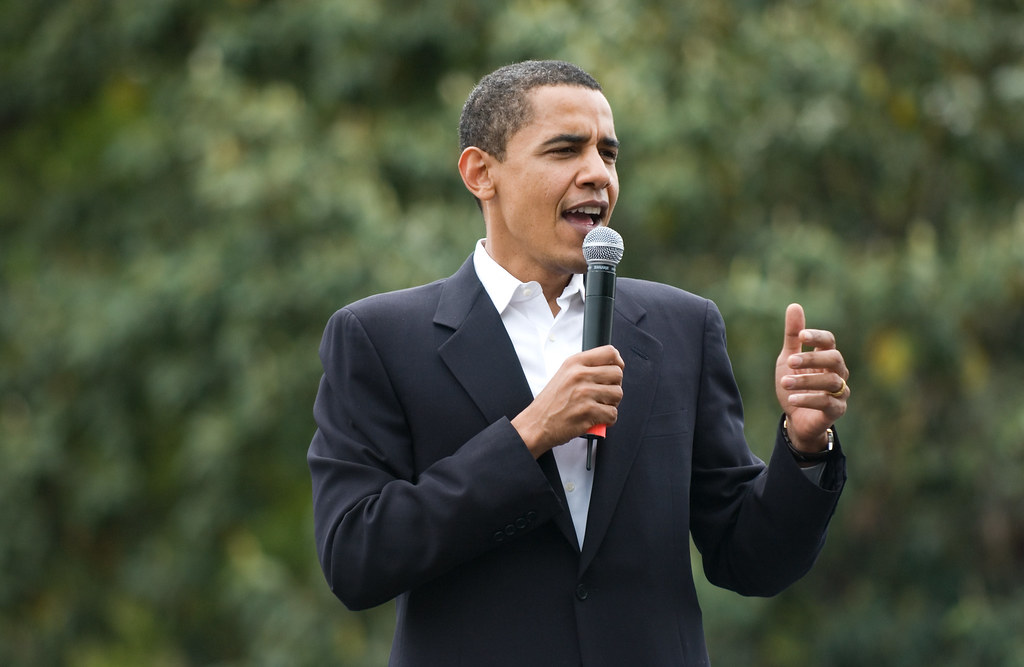 Barack Obama’s 2008 run, a classic identity play, emphasized the history-making potential of electing the nation’s first Black president. No one knew or cared much about Obama’s policy positions, and he didn’t bother to share them. Bernie Sanders’ 2016 and 2020 bids were policy arguments focused around a succinct
Barack Obama’s 2008 run, a classic identity play, emphasized the history-making potential of electing the nation’s first Black president. No one knew or cared much about Obama’s policy positions, and he didn’t bother to share them. Bernie Sanders’ 2016 and 2020 bids were policy arguments focused around a succinct 